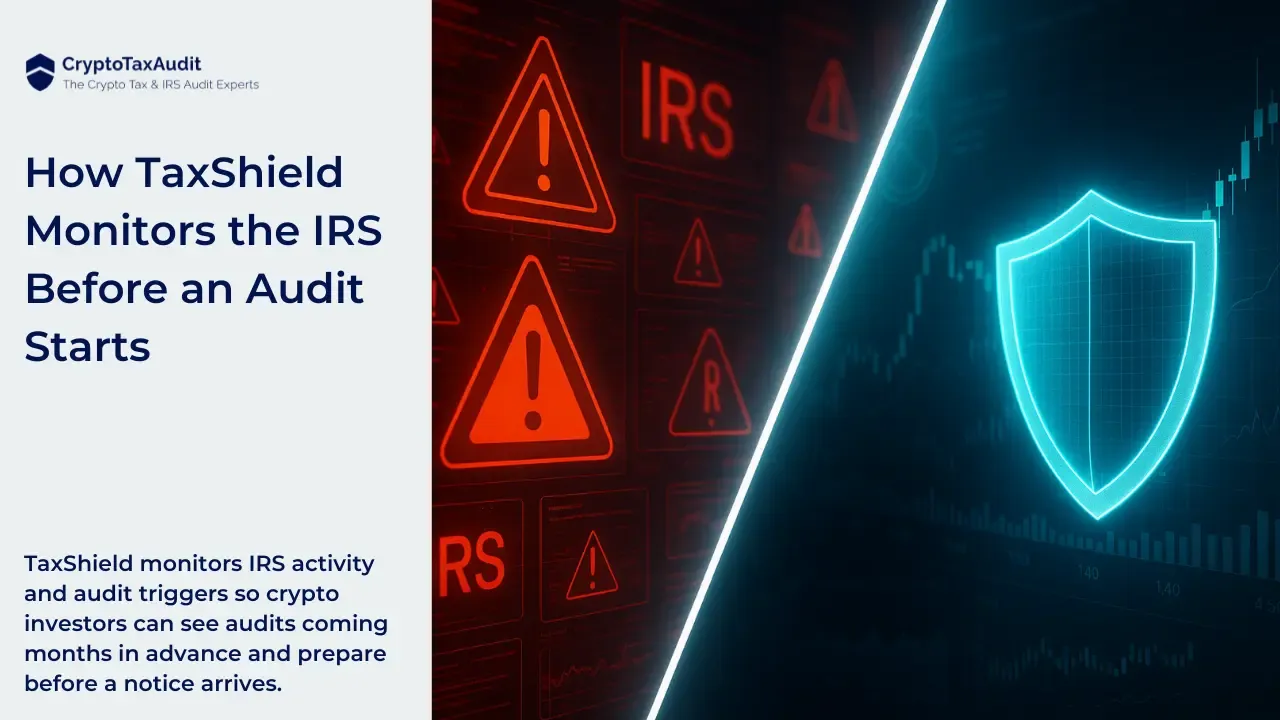
We are standing at the threshold of one of the most significant shifts in crypto taxation since 2014.
The implications of these changes are profound and will reshape how you report your crypto taxes, your gains, the information the IRS receives, and the expectations the IRS has for you in safeguarding your financial interests.
For crypto investors, this is crucial as it transforms how you report your crypto taxes and gains, the information the IRS receives, and the expectations the IRS has for you in protecting yourself.
Let's dig into some of these changes.
The 1099-DA Form: A New Requirement for Crypto Investors
In 2021, Congress passed a law requiring broker-dealers to report income to the IRS.
Typically, this is done using a 1099 form.
The IRS now has a new form for digital assets or cryptocurrencies, called the 1099-DA.
The 1099-DA form is crucial for informing the IRS about the income generated from crypto investments.
The Complexity of Trading Across Multiple Platforms
If you're used to investing in stocks and bonds through a platform like Fidelity or Merrill Lynch, the same concept applies.
The IRS requires a 1099 form, specifically a 1099-B, to report every sale made within that brokerage for the year.
The form also includes how much you bought the investment for, allowing the IRS to calculate your gains.
The simplicity of handling taxes with a 1099-B is appealing.
However, replicating this with digital assets proves complicated.
If you buy and sell everything on a single exchange like Coinbase and don't move your assets, you would get a similar form, called a 1099-DA, making tax returns straightforward.
However, due to security concerns, most crypto investors prefer to keep their assets in private wallets.
This makes it difficult for exchanges to report the purchase prices.
The Challenges of Multiple Wallets and Records
Having multiple wallets, including unhosted ones, complicates the calculation of your gains.
It's messy.
The IRS requires you to keep adequate records to show crypto transactions.
Most people assume they can pull transaction records from their exchange later, but many exchanges have already ceased operations.
Burden on Taxpayers to Maintain Records
The IRS now emphasizes the taxpayer's responsibility to maintain records as per IRC tax code section 6001.
Many people don't keep records of their crypto trades, which could lead to issues if your exchange goes under.
This underscores the critical importance of maintaining thorough records of your crypto transactions.
It's not just a suggestion, it's a necessity to ensure your compliance and protect your capital.
Get the Safe Harbor Allocation Plan by CryptoTaxAudit
The transition to these new regulations will be very disruptive for the taxpayer. The IRS issued a safe harbor procedure to ease the transition. But the procedure is not automatic. You must intentionally adopt an allocation plan.
At CryptoTaxAudit, we've created a comprehensive safe harbor allocation plan to protect you from unnecessary taxes, penalties, and interest. Best of all, it’s free, but you must sign up before December 31, 2024.
This plan is not just a suggestion; it's a necessity to ensure compliance and protect assets.
It involves several steps, but don't worry, it's designed to be straightforward and manageable.
It requires a written strategy on how to transition, which we will guide you through.
🔗 How to get started?
Sign up for our no-cost, no-obligation transition plan.
Simply provide your name and email, and you'll receive a documented PDF for your tax records, with a copy securely stored by us.
This is crucial for all crypto traders and investors, especially those who have not been diligent with tax reporting.
Still unsure about your crypto tax obligations? Book your consultation today and get the expert guidance you need!
.
Related Articles:





